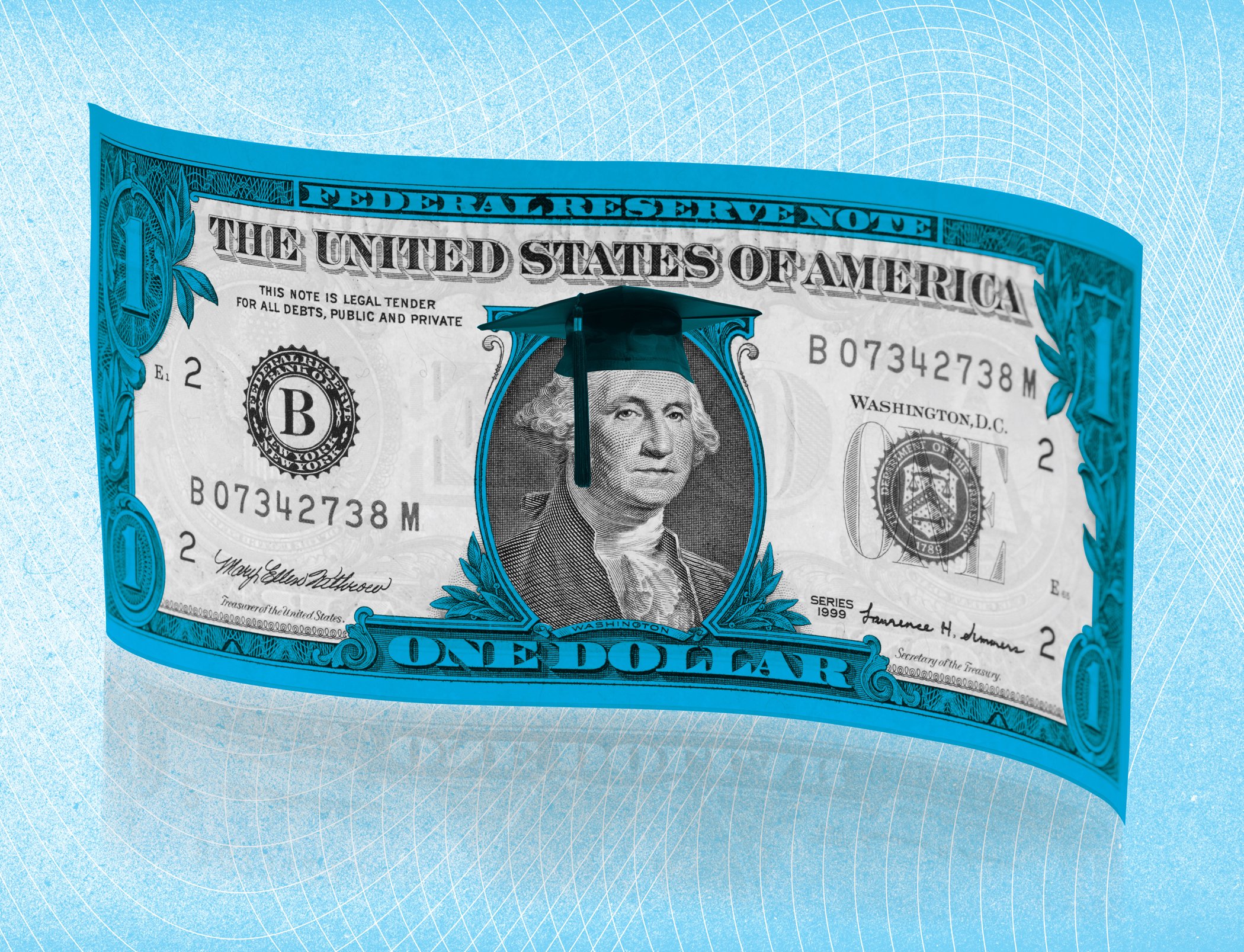Free books, transportation and even school lunches, in some cases, are among the amenities that the public school system provides for its students. However, there are still many students and their families who find that such resources must be paid for out of their own pockets. These include homeschool, private school and religious school students whose parents receive tax breaks that might better allow them to afford these conveniences and similar material that applies to their situations. All of this is due to a tax break bill that President Trump signed into law in December of 2017.
Chances are that most undergrads are not even paying their own taxes currently. However, there are still many effects that the tax bill will have on them, their peers and even students who will be entering college in the next few years. So, what effects will a move like this on the part of the government have on these k-12 students and their families? What kinds of effects will it have on you? Read on for the answers to these questions and many like them.
Why do they deserve a tax break?
Many studies over the years have focused on the success of private, religious and homeschool students and the differences presented in students enrolled in public, magnet and charter schools. In fact, “U.S. News” released a report in 2012 saying, “Students coming from a home school graduated college at a higher rate than their peers—66.7 percent compared to 57.5 percent,” according to a study conducted from 2004-2009 at University of St. Thomas. It also implied that homeschool student grade point averages are higher than those of their peers at graduation.
These results imply that homeschool students — who are set to soon receive a tax break — are receiving more educational opportunities than their peers that are preparing and encouraging them to pursue a college education. Such opportunities likely arise from the individualized approach of parent-taught textbooks and online as well as co-op-oriented classes. The only issue is that, logically, if these statistics are to remain steady, homeschooling parents are going to need extra financial support to pay for these textbooks, co-op activities and classes.
Up until now, many students’ parents have worried about setting aside money for their children’s college funds. However, with the new bill, students’ families are able to set aside money for both these and k-12 tuition. As a result, the guardians of upcoming college students who are enrolled in such schools will be able to save more for their kids’ futures. They can also use the tax break to pay fees for their children’s current education; for example, homeschool students will need to pay for the following curricular materials and activities:
- Textbooks
- Extracurricular activities and lessons (piano lessons, for example)
- Test booklets
- End-of-year tests and evaluations
- Answer books
Parents whose students attend private/religious school, on the other hand, will have to pay tuition for elementary, middle and high school, which might include the following:
- Uniforms
- Textbooks
- Extracurricular fees
- Field trip fees
However, there are also cases in which parents will have to pay for such items separately, which is even more inconvenient.
So, what effects will the tax break have on current and upcoming undergrads?
To begin with, some of your incoming classmates will have more of a variety of options and opportunities when it comes to gaining an education and entering a promising, high-paying career. Rather than living in a dorm with all the other out-of-state and out-of-area students, they can use the money that their parents were able to put away as a result of the tax break to pay for their own apartment or to share one with others.
Purchasing textbooks might also be less of an issue for these students. Many undergrads have experienced it: You purchase all of the “required” $90 textbooks for your classes and go in on the first day to find that you will only be using them once. Sigh. Such a worry is one that some students — whose parents receive these tax breaks — won’t have to worry about because they’re able to pay for new versions of books and not go broke if they choose not to sell them back to other students at the end of the semester. The fact that professors will have them use their textbooks only once will still be annoying, but it won’t be any major cause of concern for them.
Students who are currently dual-enrolled while attending the specified school types will, as is implied, have more funds to rely on once they graduate high school and fully matriculate into college classes and life. Therefore, if you’re a dual-enrolled homeschool, private school or religious school student, you have a lot to look forward to with the money that your parents can save for the rest of your college tuition with the tax break. You can use it to help pay for a car or this semester’s classes. You can even use it to take a gap year before you enter college. The possibilities are endless!
Despite the presence of benefits resulting from the break, especially the financial ones, it is important to remember that a tax break will have no positive effects on anybody if the money that is saved consequently is not wisely managed. For example, money saved from a break can benefit a significant number of individuals, specifically students, their families and their classmates; however, if one goes out and blows all their savings that they amassed from the break, all of the benefits mentioned here will, sadly, be inapplicable. So, if you or your parents qualify for the tax break, take this advice and save your money; this will save you a lot of stress and worry down the road.

















